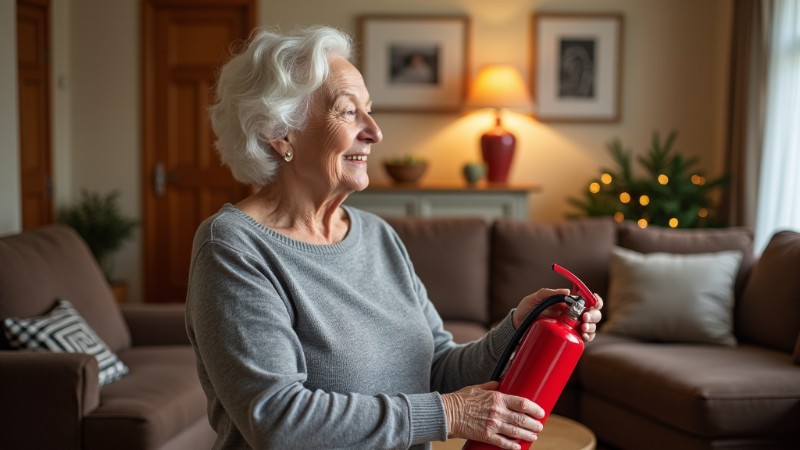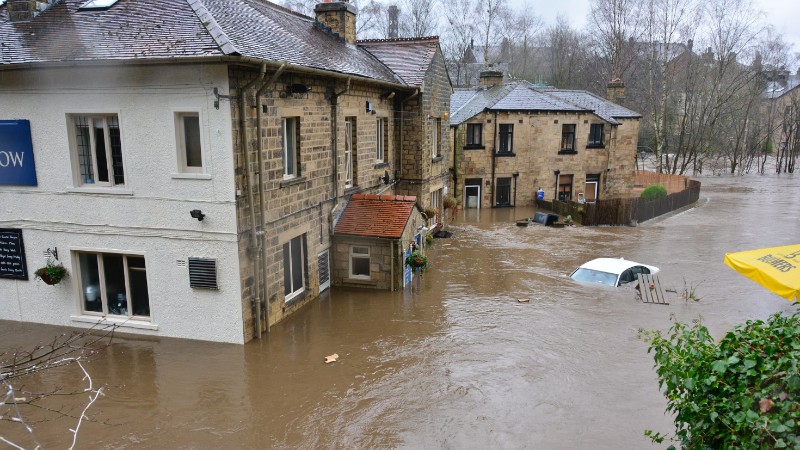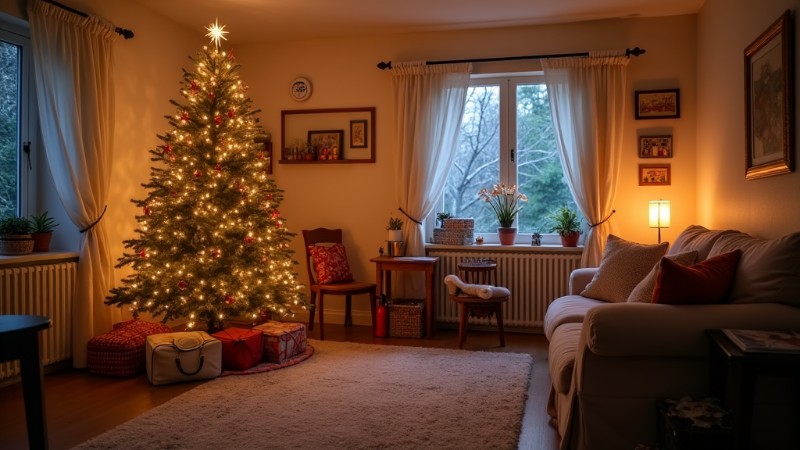Winter storms present unique challenges for older adults, as freezing temperatures, power outages, and icy conditions can turn routine activities into serious risks. Seniors, particularly those living alone or with health conditions, need to take extra precautions to ensure their safety and well-being when extreme weather strikes.
With the right preparations, it is possible to stay warm, maintain essential services, and reduce the likelihood of accidents during a storm.
Key Takeaways
Seniors need to take extra precautions during winter storms to ensure their safety and well-being.
- Seal drafts around windows and doors, use heavy curtains for insulation, and maintain a consistent thermostat setting to stay warm.
- Ensure proper ventilation when using fuel-burning appliances and have carbon monoxide detectors installed to prevent poisoning.
- Prepare for power outages by having backup generators (used safely outdoors), stockpiling food and water, and arranging alternative shelter if necessary.
Ensuring a safe and warm home during a storm
Keeping the home properly insulated by sealing drafts around windows and doors can make a significant difference in heat retention. Using heavy curtains or blankets over windows can provide extra insulation, while setting the thermostat at a consistent temperature helps avoid sudden drops in warmth.
For those using space heaters, safety is critical. These devices should always be placed on stable surfaces, away from flammable materials such as curtains, bedding, or rugs. They should never be left unattended, and seniors should avoid using extension cords that could overheat and create a fire hazard.
Carbon monoxide poisoning is another serious concern during winter storms, particularly when using fuel-burning appliances. Fireplaces, gas stoves, and generators must always be properly ventilated. Installing carbon monoxide detectors and testing them regularly can provide a vital warning if dangerous levels of the gas build up in the home.
Heating systems should be inspected before winter arrives to ensure they are functioning properly. Keeping extra blankets, warm clothing, and even a designated safe room where heat can be concentrated can help maintain a comfortable indoor temperature during prolonged cold spells.
Staying safe during power outages
Severe winter storms often lead to power outages, leaving seniors without heat, light, and essential appliances. Having a backup power source, such as a portable battery or generator, can be a lifesaving measure, but it is important to ensure that generators are only operated outdoors and positioned at least 20 feet from the home to prevent carbon monoxide poisoning.
Preparing for a power outage involves more than just keeping warm. Access to food, water, and medications must be considered well in advance of a storm. Perishable foods should be consumed first in the event of an outage, while non-perishable items should be stocked up in case power remains out for an extended period. Keeping a supply of bottled water on hand is also essential, as frozen pipes can sometimes cut off access to running water.
Charging mobile phones, flashlights, and other essential devices before a storm arrives can help seniors stay connected. A battery-powered or hand-crank radio can provide crucial weather updates and emergency information when electronic devices are no longer an option.
When temperatures drop too low, it may become necessary to seek shelter elsewhere. Arranging for a family member, friend, or community resource to provide assistance during extreme conditions can ensure that no one is left alone in dangerous circumstances.
Reducing health risks associated with winter storms
Cold weather increases the risk of health complications for seniors, particularly for those with heart conditions, respiratory illnesses, or limited mobility. Exposure to low temperatures can lead to frostbite, while prolonged cold exposure indoors can result in hypothermia. Wearing layered clothing and using extra blankets can help maintain body temperature, especially if heating sources become unreliable.
Sidewalks, driveways, and steps should be cleared as soon as possible, but this can be difficult for seniors with mobility challenges. Asking a neighbor or hiring someone to remove snow and apply sand or salt can prevent dangerous falls. Using non-slip boots and a cane with an ice tip can provide additional stability when walking outside.
Indoor air quality can also suffer during winter, particularly when homes are sealed to keep out the cold. Seniors with asthma or other lung conditions should take extra precautions by keeping inhalers and medications readily available, as winter air can sometimes trigger breathing difficulties.
Winter storms are inevitable, but with proactive planning, their impact on home safety and health can be minimized. By ensuring that the home remains warm, having backup plans for power outages, and preventing common health risks, households can weather the storm with greater security and resilience.















